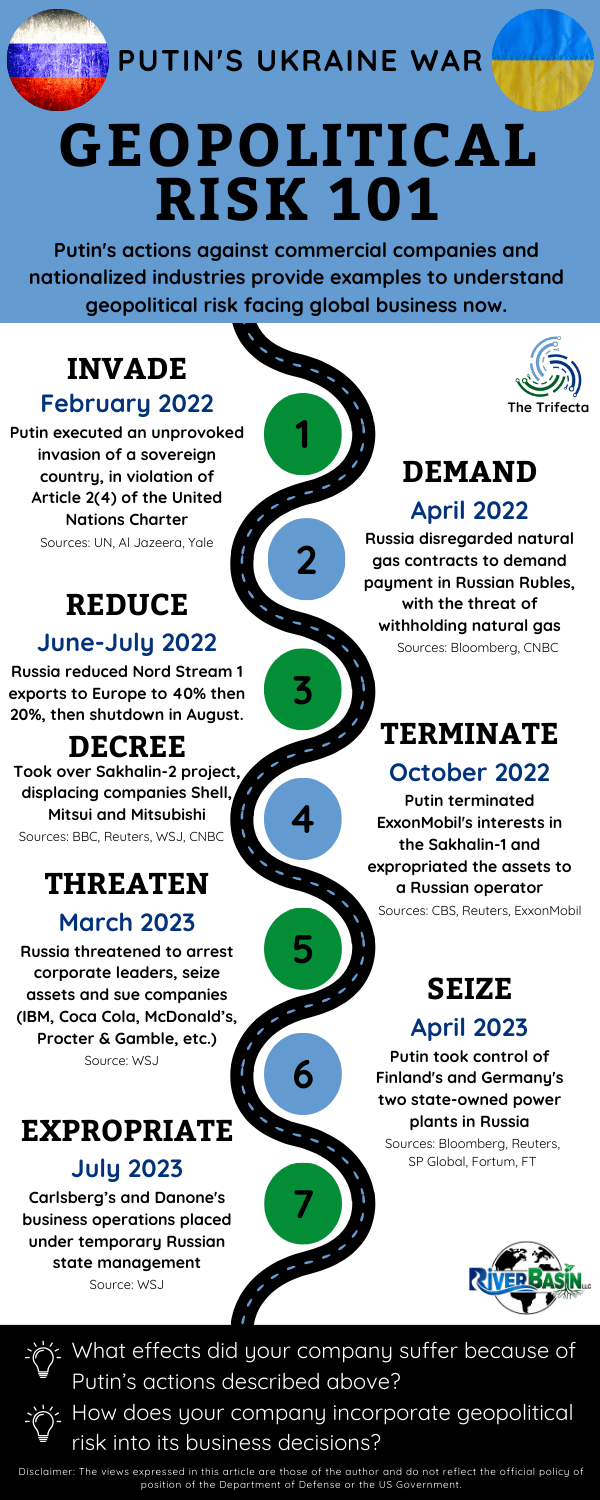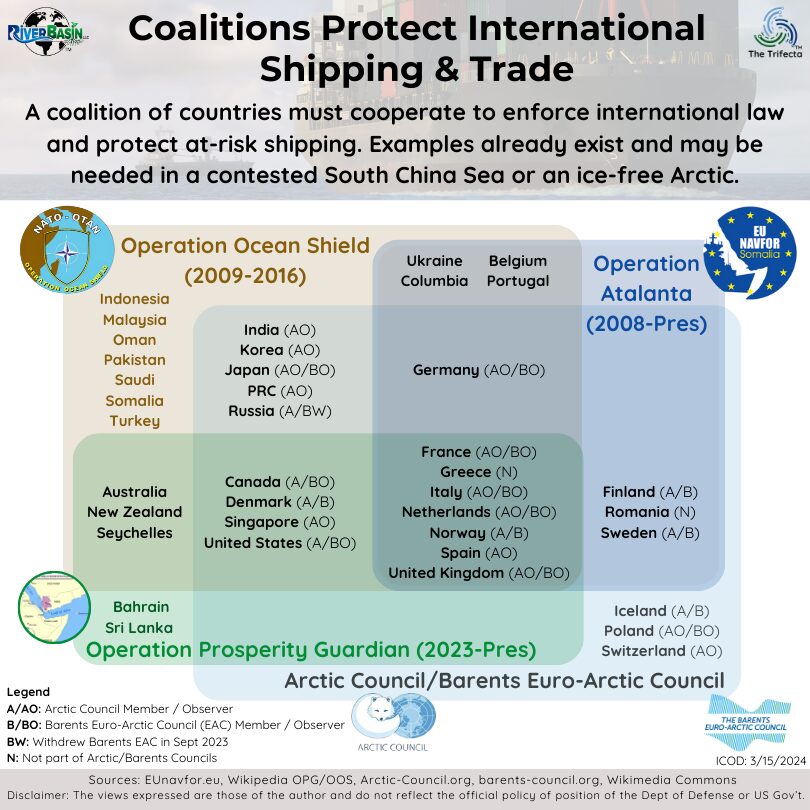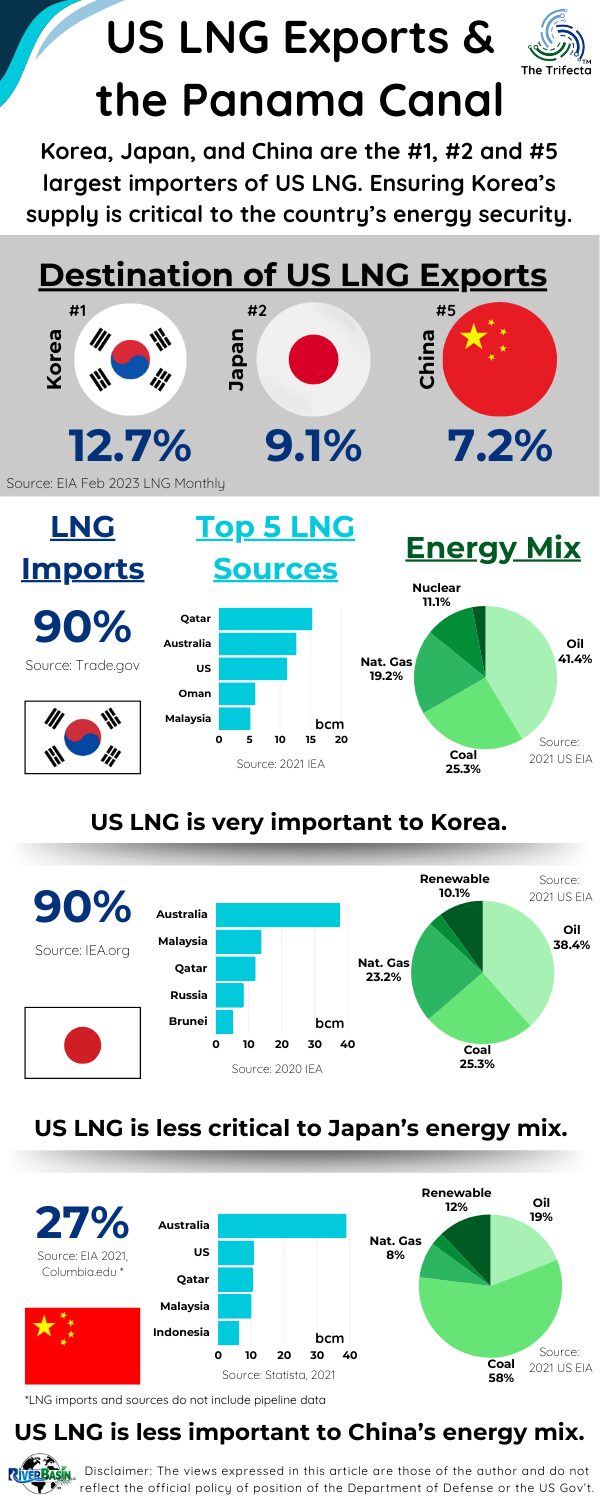
BLUF
Post-World War II organizations and agreements among countries are the foundation of today’s globalized economy. Though the specific wording is sometimes debatable, the concept is difficult to dispute. This primer post will cover the topic at a high level only and not dive into the numerous nuances. Additional reading for deeper understanding is listed at the end.
Why does this matter?
Understanding basics of the rules-based international order is vital to grasping the changing geopolitical situation facing businesses today. You must understand the baseline to appreciate the delta.
Key Take-Aways
- The rules-based international order enabled and underpins today’s globalized economy.
- Authoritarian rulers increasingly challenge the rules-based international order.
- While navigating the energy transition, challenges to the rules-based international order present additional risk to businesses.
Disclaimers: The views expressed in this article are those of the author and do not reflect the official policy or position of the Department of Defense or the U.S. Government. The appearance of external hyperlinks does not constitute endorsement by the United States Department of Defense (DoD) of the linked websites. The DoD does not exercise any editorial, security or other control over the information you may find at these locations.
The rules-based international order enabled and underpins today’s globalized economy.
The rules-based international order refers to a system of governance and cooperation among nations based on established rules, norms, and institutions. It emphasizes the importance of adherence to international law, mutual respect for sovereignty, and the peaceful resolution of conflicts.
This order is characterized by the recognition of certain fundamental principles, such as the equality of states, non-interference in internal affairs, and the peaceful settlement of disputes. The economic system created and protected by this order opened markets, increased standards of living, and created millions of jobs.
No single reference captures everything about the rules-based international order.
In mid-1945, representatives from 50 countries spent two months at the United Nations Conference on International Organization in San Francisco, California. The outcome was a signed United Nations (UN) Charter, which we generally consider the foundation of the current rules-based international order. Earlier international organizations, particularly the League of Nations, paved the way for the UN’s formation.
Key components of the rules-based international order include international organizations like the United Nations, treaties, agreements, and diplomatic conventions. Listed below are several primary components of the system, but the list is not exhaustive:
UN International Court of Justice (1946) – Serving as the judicial arm of the UN, the ICJ’s work has a longer history than the UN. With 15 judges, the ICJ settles legal disputes under international law and writes advisory opinions for the UN.
World Bank (1947) – Funds development projects via loans, interest-free credits or grants. It is a cooperative comprised of 189 member countries.
UN Universal Declaration of Human Rights (1948) – Documents the rights and freedoms of all human beings.
UN Geneva Conventions (1949) – Establishes norms for international humanitarian law, outlining how combatants and civilians should be treated in war.
International Maritime Organization (1948 adopted, 1958 entered into force) – Supports international cooperation in shipping, with a focus on safety and protecting the marine environment.
Organization for Economic Cooperation and Development (1961) – Group of 38 member countries focused on developing policy and international standards to stimulate economic progress.
UN Convention on the Law of the Sea (UNCLOS, 1982) – Established law and order in the world’s oceans and seas, including the use of their resources. This is relevant to global maritime trade.
World Trade Organization (1995) – It operates a global system of trade rules between nations and seeks to ensure smooth, predictable and free trade. It helps negotiate trade agreements and settle trade disputes.
These mechanisms aim to promote stability, security, and cooperation among nations by providing a framework for addressing global challenges and nation-state interaction.
Regional organizations also support the rules-based international order.
Regional organizations exist to provide support and establish norms on a smaller scale than the international efforts listed above.
For example, the North Atlantic Treaty Organization (NATO) is a military alliance with 31 member states. In southeast Asia, 10 member states pursue political and economic cooperation via the Association of Southeast Asian Nations (ASEAN). Similarly, the European Union (EU) fosters political and economic cooperation among 27 member states. Stretching across the Atlantic, the EU maintains a strategic partnership with Latin America and the Caribbean.
Authoritarian rulers increasingly challenge the rules-based international order.
All the organizations, agreements and systems described above (plus many more) form the foundation of today’s rules-based international order. This order is crucial for fostering trust and predictability in international relations. This facilitates economic interactions and allows countries to address transnational issues like climate change and human rights.
Challenges to this system are not new. The increased frequency and/or severity are the concern. Maintaining the rules-based international order requires collective commitment from the international community to uphold existing institutions, respect international law, and engage in diplomatic dialogue.
Authoritarian rulers often prioritize their own interests over international norms, potentially undermining the principles of the rules-based international order. For example, Chairman Xi’s 2023 map of China, Putin’s 2014 annexation of Crimea, and Putin’s 2022 invasion of Ukraine are all examples of authoritarian rulers violating the rules-based international order.
Their intent is to remake the order to their advantage, but
Countries use their national instruments of power to engage each other in the global order.
Challenges to the global order weaken the applicability of national instruments of power (DIME-FIL), leaving victims with little recourse. Unresolved violations of the global order (such as Russia’s annexation of Crimea) crack the foundation and reinforce the transgressor’s behavior.
For example, the PRC’s island building campaign in the South China Sea has gone unchecked for over 10 years despite judicial ruling that the activity violates UNCLOS. Mischief Reef is a specific example to highlight this issue. In 2016, the Permanent Court of Arbitration ruled that Mischief Reef fell within the Philippine EEZ. This ruling made PRC occupation and activity at Mischief Reef a violation of international law. Despite ratifying UNCLOS, the PRC ignored the ruling and built a military-grade runway and port on Mischief Reef.
While navigating the energy transition, challenges to the rules-based international order present additional risk to businesses.
Preserving the rules-based international order is essential for fostering a world where countries can address common challenges through cooperation. Climate change is the most significant shared challenge of our time.
As countries seek to contain global warming to less than 1.5-degrees, challenges to the rules-based international order will make the path to success even more difficult. Some authoritarian governments prioritize economic growth without adequate consideration for environmental impact, contributing to increased carbon emissions and ecological degradation. Authoritarian rulers often control significant energy resources, giving them geopolitical leverage. This influence can affect global energy markets and potentially impact diplomatic relations.
Many energy companies have global operations, which is a benefit globalization enabled via the rules-based international order since the end of World War II. Challenges to the rules-based international order present a new form of geopolitical risk to energy companies and disrupt the system in which businesses are accustomed to operating.

DOPSR 24-P-0234
Think About It...
- How would unreliable international shipping affect your business (i.e., violations of UNCLOS)?
- Which WTO trade agreements help enable your business?
- When has international law between countries helped to open business opportunities for your company?
- How does IMO affect your business operations?
Additional Reading
Understanding the Current International Order, RAND – 2016
The Liberal International Order – A Health Check, World Economic Forum (RAND) – 2017
China in a World of Orders: Rethinking Compliance and Challenge in Beijing’s International Relations, Harvard Kennedy School Belfer Center for Science and International Affairs – 2019
Strengthening the Rules-Based Global Order: The Case for an International Rule of Law Package, Stimson Center – 2020
China Wants a ‘Rules-Based International Order,’ Too – Foreign Policy – 2021
Review of “Australia and the Rules-Based International Order”, Australian Institute of International Affairs – 2022



